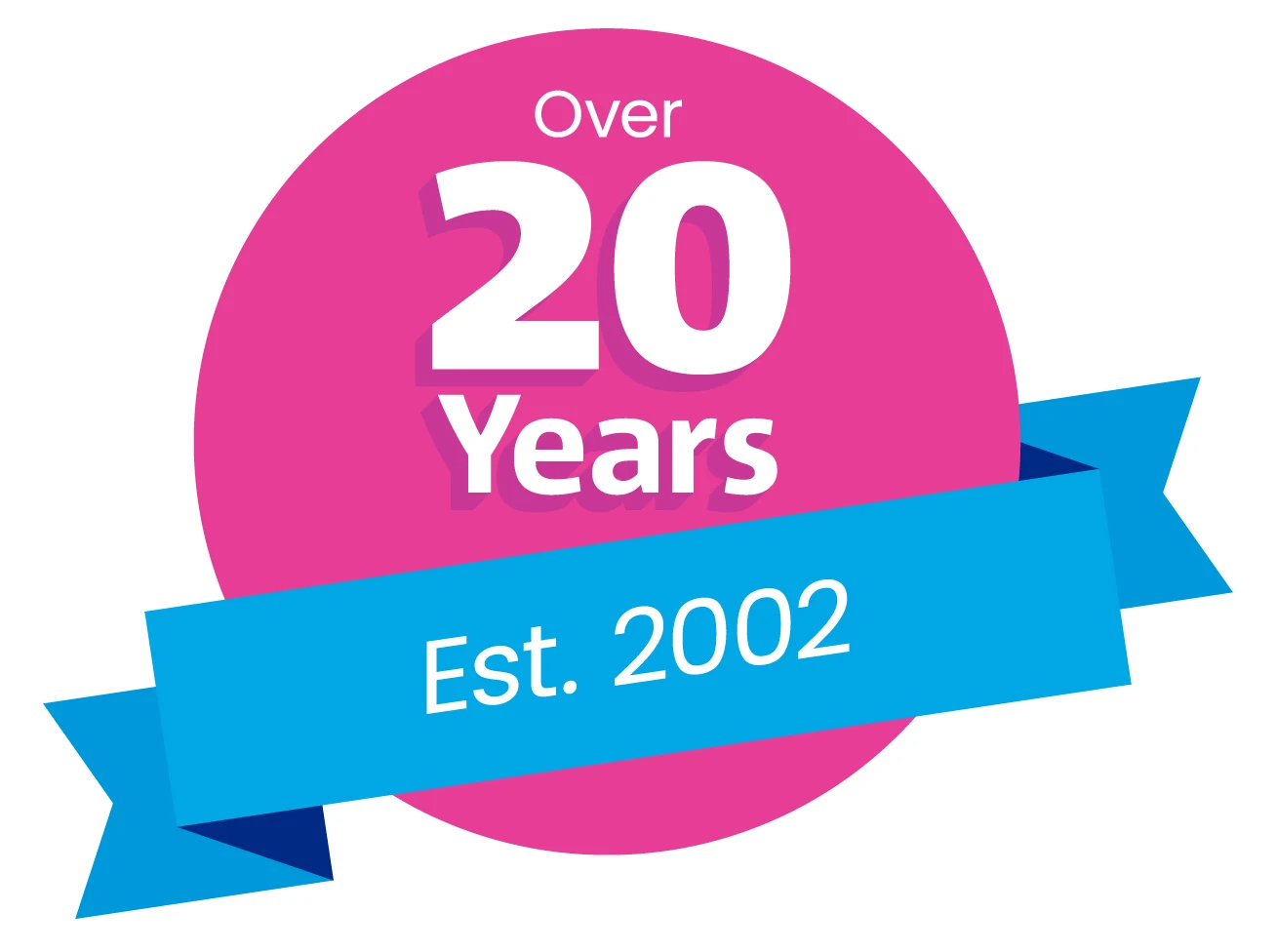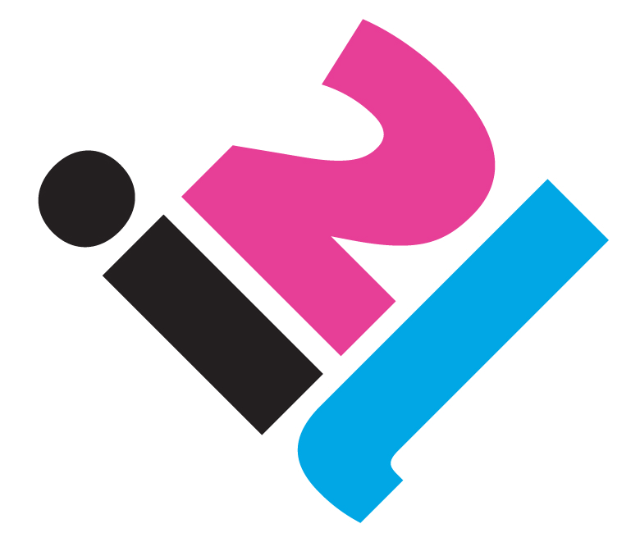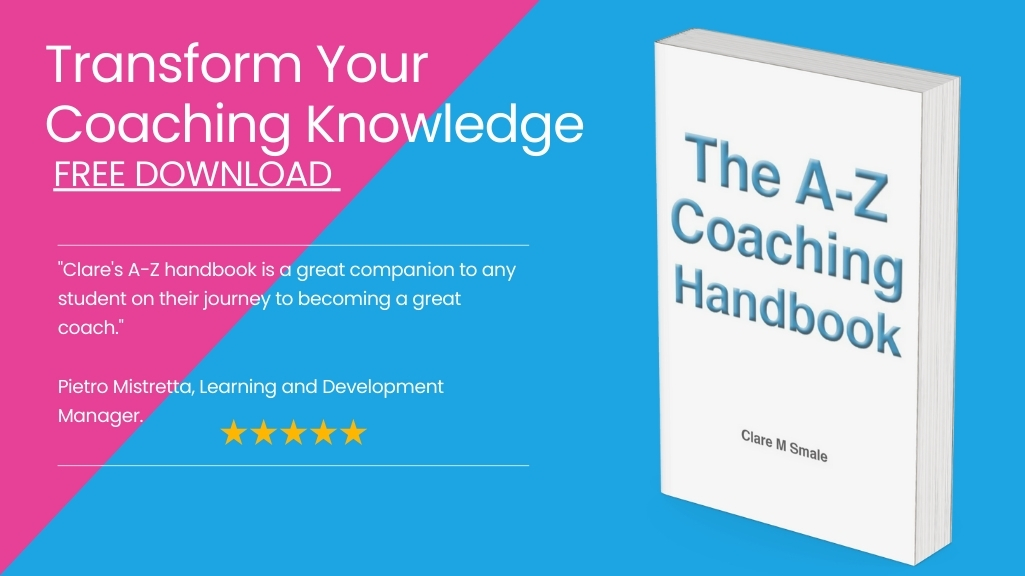A – Z Coaching and Mentoring – This week’s extract from Clare Smale’s book highlights the ‘Limiting beliefs’.
Don’t forget if you have a special request for a definition of a coaching term or principle, just let us know! Perfect for anyone studying for an ILM Coaching & Mentoring qualification, or as a refresher for experienced coaches.
Ll
Limiting beliefs are generalisations about a situation that aren’t useful, because they hold the client (or the coach) back in some way. They are limiting thoughts that aren’t true, but are acted on as if they are true. Sometimes they arise from personal experience (as a child or adult) and sometimes we have them passed on to us (by parents or work colleagues for example). Limiting beliefs can be discouraging and disabling. They often begin with the phrase ‘I can’t, because…’.
- Here are some common limiting beliefs:
- I lack motivation
- There isn’t enough time
- I’m not strong enough or clever enough
- I’m not good with money
- I shouldn’t put my needs before others
- You can’t teach an old dog new tricks.
Coaching can help a client to become aware of a limiting belief (pattern of thought) and recognise it as unhelpful. A more useful thought or statement can be chosen in its place and then consciously practiced (or anchored) it until it becomes embedded. There are 5 types of limiting beliefs (Arthur 2014) and a key question to ask for each:
| Limiting belief | Question to ask |
| Hopeless | How is it possible? |
| Helpless | What do you already know about it? |
| Useless | How is it desirable? |
| Blameless | How are you responsible? |
| Worthless | How do you deserve it? |
By asking questions, coaching creates uncertainty about old ways or habits of thinking and begins to break them down. As soon as doubt starts to creep into the old limiting belief, there is an opportunity to replace it with something more supportive. There are many other widely available tools and techniques to help a client overcome or replace limiting beliefs, such as anchoring, challenging or reframing which are also covered in the book.
Taken from the A-Z Coaching Handbook by Clare Smale where you will find a comprehensive A-Z, plus a full list of references.
Contact us for your copy or order through our website. See you next week!





